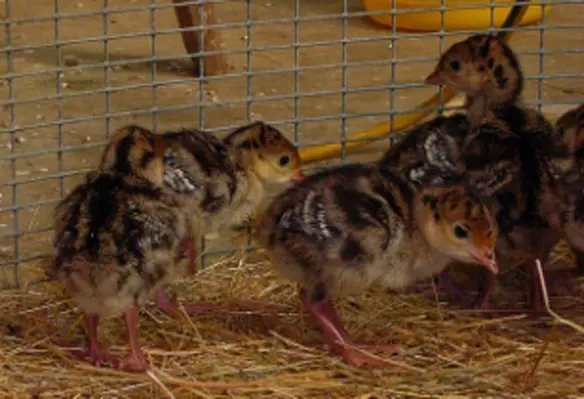Indonesia is taking stringent measures to curb the spread of avian influenza virus, based on the guidelines provided by the FAO and World Organisation for Animal Health (OIE) joint Network of Expertise on Animal Influenza (OFFLU)
The two organisations have stated that its possible to achieve successful HPAI vaccination programmes in poultry by implementing a field influenza virus and surveillance programme. This can be achieved by using vaccines appropriately matched to H5N1 field strains, they added.
The Maritime Affairs and Agriculture Agency in south Jakarta has exterminated more than 6,000 chickens, ducks and other birds netted in raids during the first half of the year on suspicion of carrying the avian flu (H5N1) virus.
Nurhasan Mas’ud, monitoring and mitigation section head of the organisation, said that the poultry was taken from prohibited farming areas throughout the municipality.
A report by the FAO, supported by OFFLU and FAO’s Emergency Centre for Transboundary Animal Diseases (ECTAD) Indonesia, said that the government increased the capacity of eight animal health diagnostic laboratories since 2009 to monitor, detect and characterise avian influenza H5N1 viruses circulating in the country.
In addition, efforts were made to develop required tasks and collaboration at a national level to constantly monitor circulating influenza strains. One of the main outcomes of this was an animal health laboratory-based influenze virus monitoring called IVM Online. This lab also became a web-based platform to monitor the virus, said FAO.




